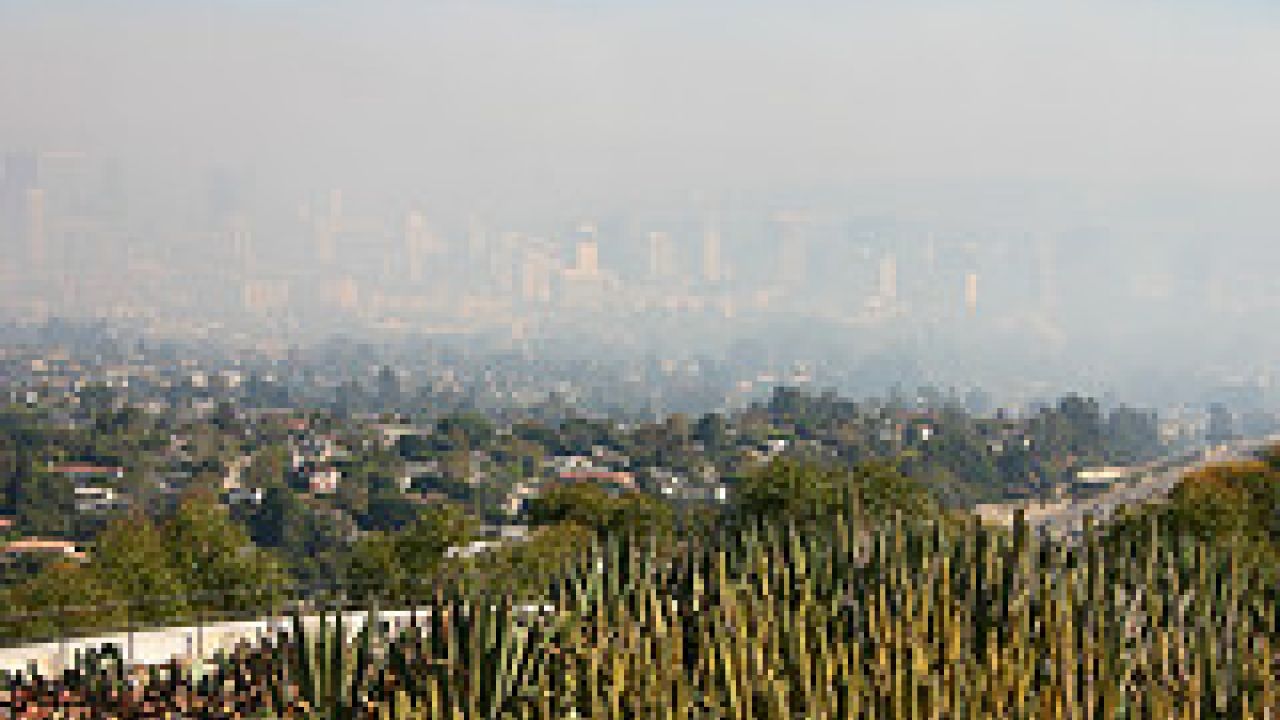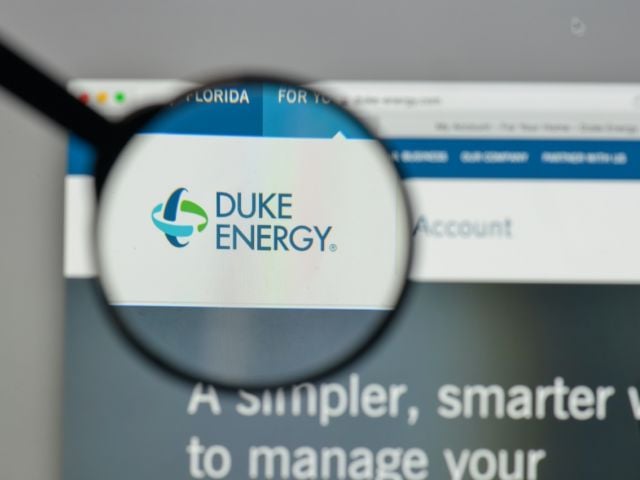
Corn prices are projected to reach $5 a bushel this year, thanks to heavy rains in the corn belt and fewer acres planted. That's good news for corn farmers, who have watched prices sag after last year's record highs past the $7 mark.
But it's not so good for consumers, who can expect higher food prices. And it puts even more stress on the corn-based ethanol industry, which ramped up too big, too fast in mid-decade and then suffered a flurry of bankruptcies and lagging demand. The ethanol industry is desperate. As reporter Philip Brasher of the Des Moines Register pointed out in a smart analysis yesterday, "Biofuels producers didn't take into account sufficiently the potential risks of a downturn in energy prices, or the possibility that agricultural commodity prices could increase sharply." Also, Brasher writes, "Their dependence on the government created another risk for the industries." Fact is, there wouldn't be much of a market for ethanol if the 2007 energy independence act hadn't mandated steadily increasing quantities of biofuels in fuel for vehicles and other motors, up to 11.1 billion gallons by this year and 36 billion gallons by 2022. Even so, the ethanol industry over-built and over-produced. Now, in a last-ditch quest for new markets, the industry is pressing the Environmental Protection Agency to raise the cap on ethanol in engine fuel from 10 percent to 15 percent. The resulting blend would be known as E15. The idea makes great financial sense for the ethanol industry. But as for the rest of us, we think it's a lose-lose. Why? Bad for the air. Bad for health. Bad for engines. My colleague, Olga Naidenko, has conducted an extensive review of the scientific literature on the environmental and mechanical effects of fueling engines with higher ethanol fuel. Her painstaking study deserves close attention. For those of you who are reading on the run, here's my speed read:
- There's a long list of good reasons to be wary of E15.
- There is no good reason to embrace it.
Your chain saw should start when you want it to. There's considerable evidence ethanol/gasoline fuel can, to use a technical term, gunk up your chain saw, boat motor, weed trimmer, lawn mower, jet ski, generator, snowmobile and all those other expensive, useful machines you use for work and play. Some studies have even indicated that the ignition of small motors could be impaired by high ethanol fuel and might fire up spontaneously - not a happy prospect, if you've set down your chain saw too near your ankle. Me, I've been known to get pretty close to my outboard motor's prop blades while tinkering with the cotter pin, and I like my hand where it is. Now, the research is not definitive. But until there's more study and solid scientific answers to the gunk and ignition questions, those of us who don't have enough money to replace all our gear would not like to see the Obama administration grant the ethanol industry's plea for E15. E15 may make more smog. Other red flags have been raised by studies suggesting that engines burning fuel blends with above-E10 ethanol spew more toxic emissions, including the probable carcinogens acetaldehyde and formaldehyde. Again, this issue needs more objective research. But in the meantime, those of us who breathe air are understandably skeptical that E15 will do anybody much good. Except, of course, the ethanol industry, which faces an existential moment. Business Week: Ethanol is a "scam." If you're not convinced, after reading Dr. Naidenko's thorough work, take a look at journalist Ed Wallace's excellent piece, "The Great Ethanol Scam," published May 14 online edition of Business Week. Wallace marshals yet more facts - not opinion, facts - that should give any thinking person pause:
...Using ethanol actually creates more smog than using regular gas, and the EPA's own attorneys had to admit that fact in front of the justices presiding over the Third Circuit Court of Appeals in 1995 (API v. EPA). Second, truly independent studies on ethanol, such as those written by Tad Patzek of Berkeley and David Pimentel of Cornell, show that ethanol is a net energy loser. Other studies suggest there is a small net energy gain from it. Third, all fuels laced with ethanol reduce the vehicle's fuel efficiency, and the E85 blend drops gas mileage between 30% and 40%, depending on whether you use the EPA's fuel mileage standards (fueleconomy.gov) or those of the Dept. of Energy. Fourth, forget what biofuels have done to the price of foodstuffs worldwide over the past three years; the science seems to suggest that using ethanol increases global warming emissions over the use of straight gasoline.
The mechanics' golden -- sputtering, stalling, spewing -- parachute So who needs E15? The ethanol industry, of course. And, Wallace jests, underemployed car shops, where he reports the word is that "if the government moves the ethanol mandate to 15%, it will be the dawn of a new golden age for auto mechanics' income." Speak for yourself. EPA has solicited public comments on the ethanol industry's proposal for E15 fuel. If you'd like to tell the Obama administration what you think about this idea, it's easy. Go to the EPA docket at this link, click on "Add Comments" and fire away. You can agree with us, Ed Wallace, the National Marine Manufacturers Association and other makers and users of small engines. Or you can agree with the ethanol industry. Whatever you think, let the government hear your voice. Government should make decisions as momentous as this after hearing from everybody with a stake in the outcome. Not just those who stand to make the most money. [Photo courtesy of oxyboricua on FlickrCommons]


